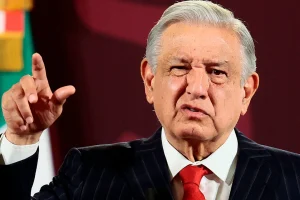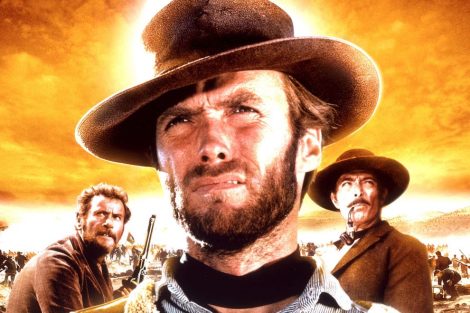For centuries Latin America was the paradise for caudillos. Strong, authoritarian leadership was the seal of the house in this region of our world. For long, democracy was a dream and in most cases, a very nice disguise.
Of course Mexico was the model: the perfect dictatorship as branded by Mario Vargas Llosa, the North American part of Latin America was ruled by the same party for seven decades by resorting to any means necessary to remain in power. For centuries, the general rule in the former Spanish colony was very strong Presidentes, that do everything so that the party will stay in power forever.
Cuba, Dominican Republic, México at the last part of the IXX century were just few examples of a sort of non democratic tradition. Latin America was, by nature, a land of Caudillos and caciques.
Not anymore. Finally, democracy is here.
Even in the island of the Castro brothers, the wind of change is very clear. Also in countries like Venezuela, Brasil, Argentina and Ecuador, were strong leaders dressed themselves with a sort of left wing rhetoric, the democratic rules, new social claims and changes adopted in the recent past, undermine and in some cases fracture the humongous capabilities of the leader in nations were by tradition legislative and judicial institutions were extremely weak or too incompetent (or both).
Of course, Dilma Roussef recent 6-month suspension as president of Brazil is the most clear and relevant case to illustrate the endemic weakening of the big leaders in the region. But she is not alone. Not just the great Lula is sharing the fall, but in other cases –Venezuela, México, Argentina, and many others–, the same symptoms are easy to spot.
The clear signs that many of the leaders in the region and their inner circles are very corrupt and unable to really improve the quality of life of their societies are as new as the beginning of times. For that matter, the same could be said about the massacres or other big abuses of power. Politically speaking the real new thing is their weakness.
So, lets blame democracy. Of course, democracy is very often overrated and in the last few decades of real advances its benefits were over sold in Latin America (after all it already is a land of poverty and economic inequality). Ok, lets not blame democracy. Beside the temptation of authoritarian regressions may be attractive to some (mostly here in the U.S. because it is easier to deal with a dictator than with a demonstration), we should understand that democracy, by nature, is noisy and even messy. But, as the classics may say, it is the least worst of all the other alternatives.
Here is where things could become complex. If the illusion of the return of the big savior, usually big daddy government, that will take care of all our problems (from pollution to crime and economic prosperity) is not a practical solution, we should turn into the only other option: ourselves. Yes, we as individuals and communities, working hard in an agenda of intense civic engagement and powerful moral values (like solidarity, compassion, tolerance and respect). That may be a long and slow path toward the better governance that we may deserve.










